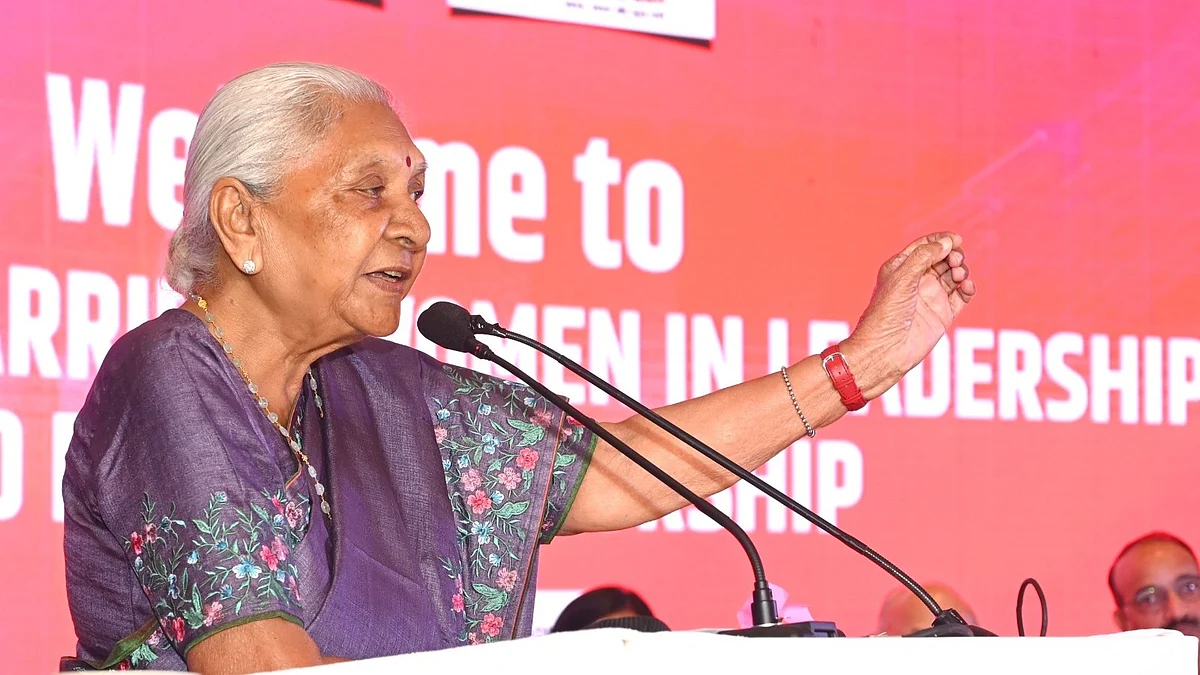Uterine Fibroids is an issue that women all over the world face. They are non-cancerous growths that develop in or around the uterus. Their size differs - some can be as small as a pea, others as large as a melon.
These fibroids are the probably the reason why women maybe experiencing heavy menstrual bleeding, anemia, pelvic pain, frequent urination and complications with pregnancy.
Some women can have no symptoms at all; other can have all the symptoms. It differs from case to case.
In 2014, Lupita Nyong'o won an Academy Award for Best Supporting Actress for her role in '12 Years A Slave'. The same year, Lupita discovered that she had uterine fibroids. Not one but 30! She did a surgery to remove all of them, but she was warned by the doctors that 'it is only a matter of time until they grow back'.
In a recent Instagram post, Lupita mentioned that "8 out of 10 black women and 7 out of 10 white women will experience fibroids. Yet, we speak so little about it."
She further states, "When we (women) reach puberty, we're taught that periods mean pain, and that pain is simply part of being a woman."
Lupita started talking about her experiences (initially it was private), but this particular post of hers has got over 8,00,000 likes.
"This Fibroid Awareness Month and beyond, I hope my experience will resonate with anyone else who has ever felt dismissed, confused or alone," she writes. "And I hope to seek answers for the far too many women dealing with uterine fibroids (80% of black women and 70% of white women by age 50!). We deserve better. It's time to demand it. Silence serves no one!"
What is uterine fibroids?
According to Mayo Clinic, "Uterine fibroids are common growths of the uterus. They often appear during the years you are usually able to get pregnant and give birth.
"Uterine fibroids are not cancer, and they almost never turn into cancer. They aren't linked with a higher risk of other types of cancer in the uterus either. They are also called leiomyomas or myomas."
Symptoms
There are people who don't know they have uterine fibroids as there are no symptoms. However, Mayo Clinic lists some of the common symptoms that women experience including:
Heavy menstrual bleeding or painful periods
Longer or more frequent periods
Pelvic pressure or pain
Frequent urination or trouble urinating
Growing stomach area
Constipation
Pain in the stomach area or lower back, or pain during sex
When to see a doctor
As a woman, you must seek medical help immediately if you have severe bleeding from the vagina or a sharp pelvic pain.
Also see a doctor if you have:
Constant pelvic pain that refuses to go away
Heavy or painful periods
Spotting or bleeding between periods
Trouble emptying your bladder
Ongoing tiredness and weakness, which can be symptoms of anemia, meaning a low level of red blood cells










